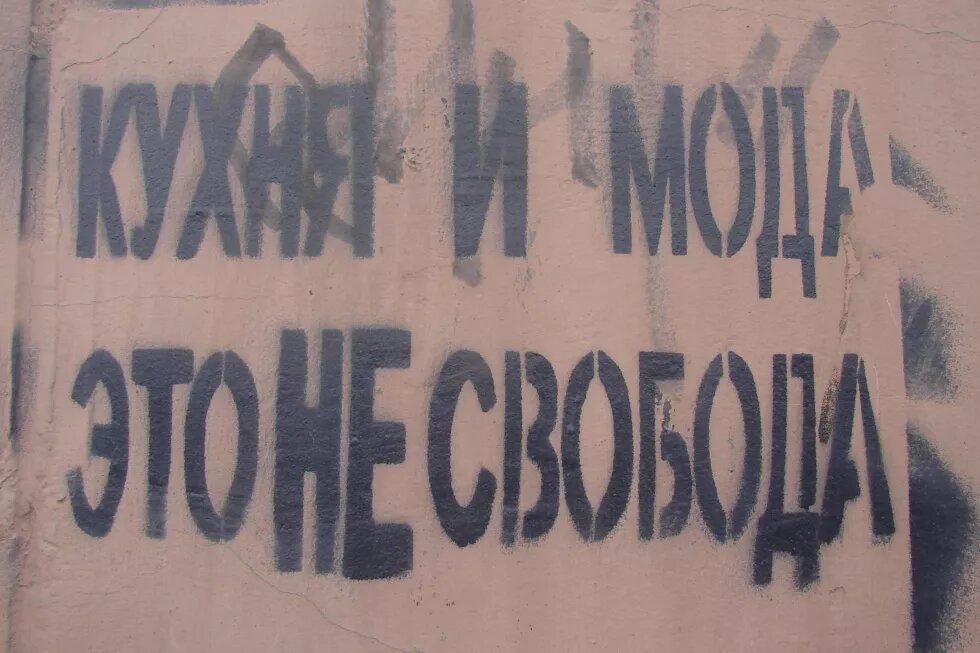
- What are the strengths and weaknesses of the women’s movement in contemporary Russia?
As its strengths, I would point to the development of theoretical foundations, the accumulation of scientific knowledge and the implementation of gender education, which is helping women in Russia to build up a self-awareness based on the recognition of their right to choose their own roles in society. There is no single true path to gender equality that is appropriate for all women all over the world: similar root causes may lead to different consequences. That is why the input of Russian scholars in the field of gender studies is so important.
Right now, the women’s movement is only just emerging, so it does have weak points as well. One negative factor is insufficient awareness on the part of activists about their civil rights, and an underestimation on their part of the importance of political participation. Also, there should be stronger linkages between feminist theory and the activities of the women’s movement. There is a need to expand the movement’s social basis and to work on building coalitions, both among women’s NGOs and among women’s NGOs and other organizations, including political parties and trade unions.
- In your view, why is political participation so important?
There are a number of reasons that women should become involved in politics. Equal representation of women in elected and appointed offices is an issue of justice and equality, if we are building a democratic state. Women bring new elements to political culture. Women launch legislative initiatives addressing issues that are closely tied to women’s interests, thus giving the state a more social orientation. Women politicians serve as role models, as an example that women can take on any role in life. Experiences gathered around the world, as well as common sense, indicate that a state can be comfortable to live in only where there is parity between men and women, within the family and outside of it. Thus the advent of women into positions of power is as much an objective historical inevitability as is the entry of the PC into our homes.
----
Nadezhda Shvedova. Political scientist; Doctor of Political Science; Head of the Centre for Social and Political Studies, Institute for USA and Canada of the Russian Academy of Sciences.
Natalia Bitten Journalist, political scientist, writer, feminist. Has published academic essays and the novel 'Mainstream' (2007) under the pseudonym of Natalja Kim.
She specializes in Gender Studies. Edited the largest political paper in the area of Kemerow. Currently she works on the internet portal Klub (traveling women). She is an active member of 'Initiativegruppe Für Feminismus'.
----
Read more about:
- The stiuation of women in Russia - An introduction
- Activists from the initiative group For Feminism
- Interview with Galina Mikhaleva: About March 8th and democratization processes in society
- Interview with Irina Tartakovskaya: Equality and quotas in Russia
- Interview with Olga Voronina: About gender censorship and the term feminism in Russia
- Interview with Olga Zdravomyslova: patriarchal renaissance in Russia
- Interview with Soja Khotkina: Women in russia on the labor market
- Interview with Yelena Maksimova: "March 8th in Russia: From Marxism to Sexism"
- Interview with Nina Ostanina: Only socialism will guarantee true equality for women
- back to overview Women´s Voices Women´s Choices

